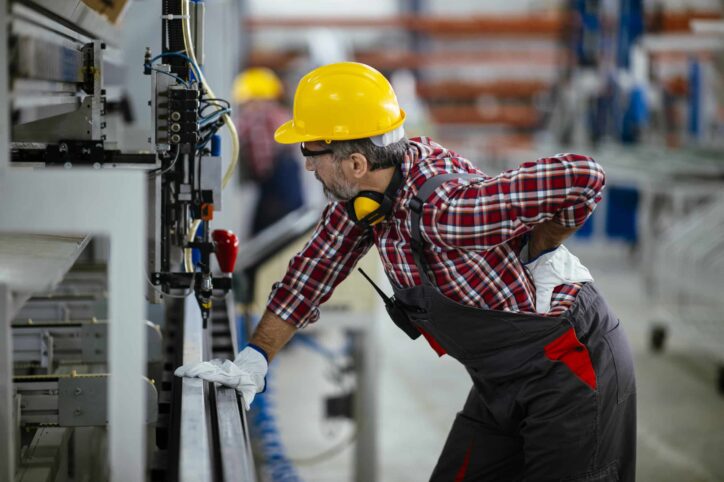Resilience, described as a person’s ability to "bounce back" from adversity, is a helpful attribute in every level of a workplace.
But why is it so important and how can you build up resilience in yourself and among your staff? We explain.

Defining resilience
Resilience can be defined as a person’s capacity to cope with changes and challenges and to bounce back during difficult times.
Being resilient does not mean ignoring your emotions — rather it's experiencing negative feelings while maintaining perspective and continuing life with a sense of hope.
People who are resilient don’t dwell on their failures — they acknowledge the situation, learn from their mistakes and then move forward.
While some people can cope better than others during difficult times, resilience is something we can all learn and develop over time.
Why is it important?
Being resilient gives you the power to overcome setbacks so you can achieve your goals and continue to improve personally and professionally.
Even if you’re not a naturally resilient person, you can learn to develop a resilient mindset and attitude.
CCIWA Senior Human resources Consultant Marcia Lawrence explains that resilience can help employees respond to change in a constructive manner.
“The world is undergoing change at a more rapid pace than at any point in human history,” she says.
“As such, the fourth industrial revolution, globalisation, and the COVID-19 pandemic have changed the way we work, and continues to impact work, workers, the workforce, and the workplace.
“Employee resilience is crucial for not only coping, but thriving through change. Constructive thinking (Epstein & Meier 1989) is one way of overcoming the inherent challenges of this ever-changing world as it applies a constructive frame to problem-solving with minimal stress.”
She adds: “This is why having an Employee Assistance Program is beneficial, as it enables employees experiencing stress during a time of change to gain professional support on techniques that build resilience.”
How to Develop Resilience
There are certain things you can do to develop your resilience, including:
To lead a healthy lifestyle, you should eat a balanced diet, get enough sleep and exercise regularly.
Examples of negative thinking include fearing the future, putting yourself down, criticising yourself or doubting your abilities.
A major problem with negative thoughts is that they can be based on incorrect assumptions. You should observe and challenge negative thoughts in a rational way. To do this, you should:
- Be aware of your negative thoughts and try and turn them into positive ones.
- Identify areas you need to develop, including via training or resources.
- Acknowledge when you have the adequate resources to complete a task and back yourself to succeed.
There are many things you can do to build your self-confidence, including:
- breaking tasks up into small manageable chunks;
- imagining how you want to feel once you complete a task;
- keep a gratitude journal;
- display self-assured body language through your posture.
These relationships will provide you with a support network to fall back on in tough times.
To build strong relationships, you should:
-set aside time to build these connections;
-develop your emotional intelligence;
-avoid gossiping; and
-listen actively.
This means you should understand that things change and that carefully made plans may need to be amended or cancelled.
It is also important to understand that certain goals may not be attainable in particular circumstances, and accepting those things that cannot change.
Ways to increase your flexibility include:
-prepare back-up plans
-accept surprises
-embrace new responsibilities
To establish measurable and specific goals, you should use the SMART goal setting technique, which requires you to set goals that are specific, measurable, attainable, relevant, timely.
CCIWA’s new HR Consulting service provides advice to businesses on issues such as these. Get in touch on (08) 9365 7746.
CCIWA’s eLearning Library has a suite of interactive modules on several topics to help run your business, including resilience.
For general advice contact our Employee Relations Advice Centre on (08) 9365 7660 or [email protected].






